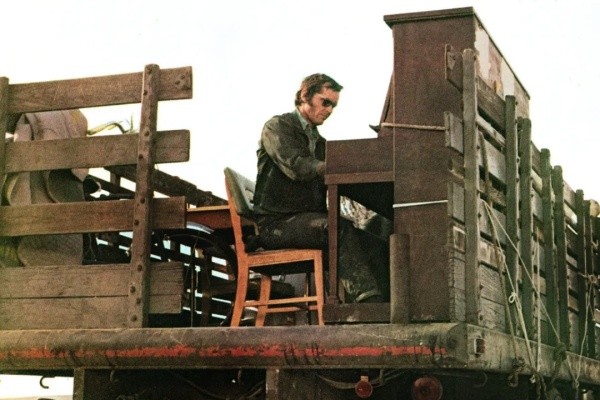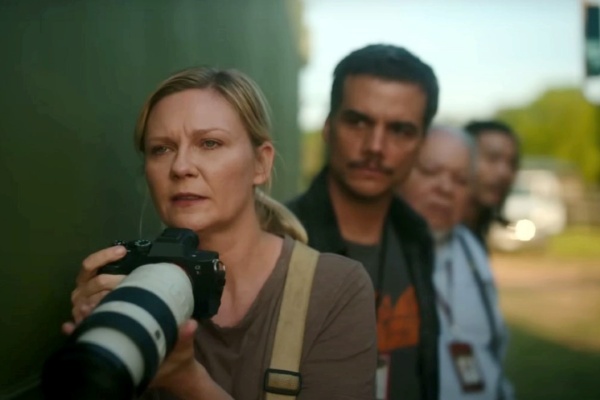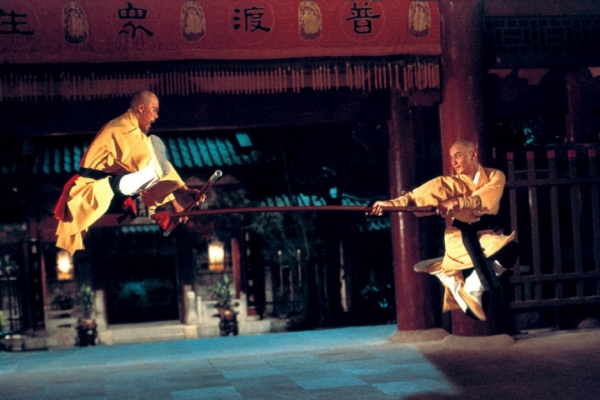Chahine’s first autobiographical film enthrals and flounders at the same time, featuring a young Egyptian man in love with acting and the movies, as WWII rages on nearby.

Review #2,300
Dir. Youssef Chahine
1979 | Egypt/Algeria | Drama | 131 mins | 1.66:1 | Arabic & English
NC16 (Netflix rating) for some sexual references
Cast: Naglaa Fathi, Ahmed Zaki, Farid Shawqi
Plot: Living in Alexandria amid the harsh reality of WWII, teenager Yahia retreats into a world of fantasy. Obsessed with Hollywood, he dreams of studying filmmaking in America.
Awards: Won Silver Bear – Special Jury Prize (Berlinale)
Source: Front Row Filmed Entertainment
Accessibility Index
Subject Matter: Moderate – Ambition; War
Narrative Style: Slightly Complex
Pace: Slightly Slow
Audience Type: Slightly Arthouse
Viewed: Netflix
Spoilers: No
Youssef Chahine goes into autobiographical mode (his first) with Alexandria… Why?, a film that I can’t quite resonate with entirely, though it has some interesting moments that might raise the cinephile’s eyebrow.
It follows Yahia, a young Egyptian man (modelled after Chahine’s younger days), whose love for Hollywood classical cinema influences his passion for the movies, as well as acting, which he showcases in one breathtaking sequence his considerable ability.
Coming from a middle-class family with mounting debts, he dreams of going to the States to study acting. This is, of course, to the chagrin of his father.
But all these hopes and concerns pale in comparison to the spectre of WWII, as it rages on nearby, threatening the livelihoods and lives of the locals.
“No one’s left to see it.”
The locals dislike the British and want them out; as such, they seem sympathetic to the Nazi cause—at one point a stage play about Hitler and his army is mounted.
Chahine channels chaotic energy to the proceedings, at times editing the film rather haphazardly. But while it both enthrals and flounders at the same time, the film closes on an emotional note that at least can be felt.
Much of what transpires in the first two-thirds of the film, however, may not necessarily be engaging, though Chahine’s generous use of black-and-white archival footage of the war (bombs, explosions, the Nazis, etc.) does give the film a jolt of historical seriousness.
It may have won the Special Jury Prize at the Berlinale, but I don’t think you should see this first if you are just only starting to explore the works of the Egyptian director.
Grade: B-











